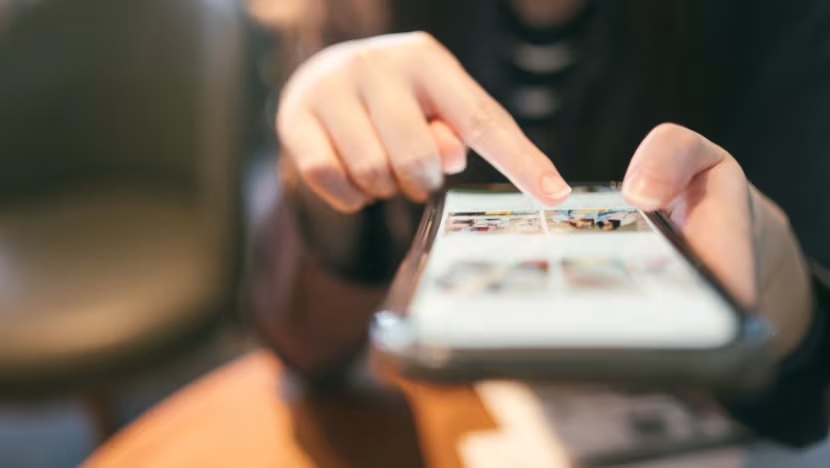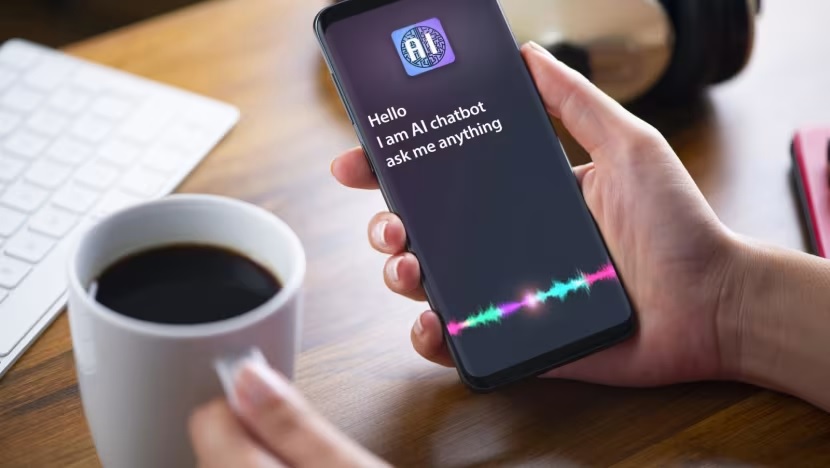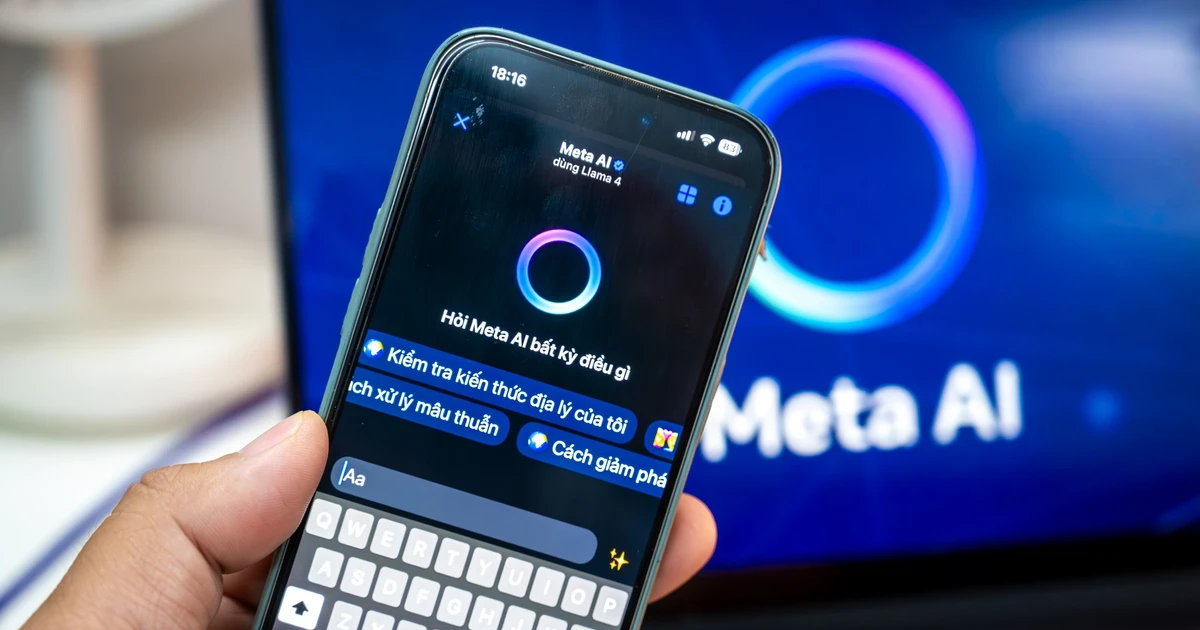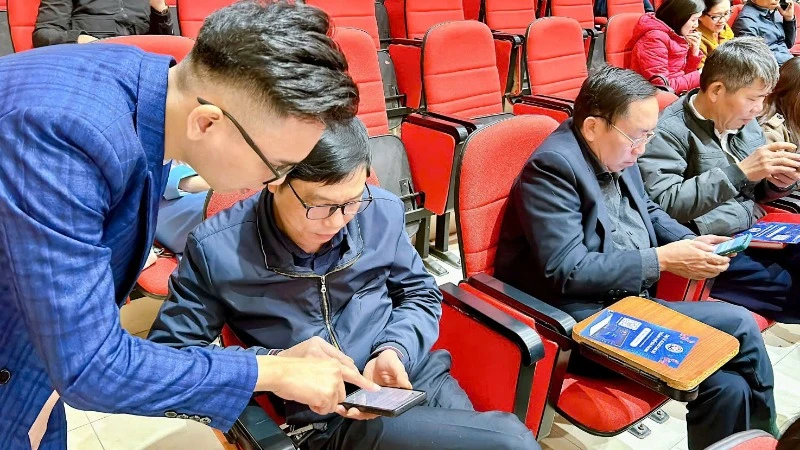The new Pixel phones make it easy to edit photos, add people who weren't in the original photo, or move their locations. You'll be able to record phone calls, getting detailed summaries of the conversation.
These exciting features point to a worrying direction as AI tools become embedded in more phones. The easier it becomes to manipulate the content we capture on our devices, the less we can trust what we see there.

People around the world now spend an average of about six hours a day on their smartphones. Photo: iStock
For the new Pixel 9 phones, which went on sale on August 22, Google has focused most of its AI power — powered by the powerful G4 chip inside the phone — on the camera. The “Add Me” feature is billed as a solution to tricky selfie situations.
For example, you have two people and no one to take a picture for you. Instead of taking a selfie of two people, which is often not very good and doesn't capture the whole picture, you take a picture of a friend, then ask that person to take a picture of you. Google's AI will stitch the two of you together so it looks like you're standing next to each other.
When everyone can be a “tech expert”
In this age of confusing and unverified information on social media, wouldn't that make it more difficult to determine which photos are real?
Rick Osterloh, Google's head of Android, reassured in an interview with the Wall Street Journal that Google is simply allowing people to edit moments in their real lives and "store memories the way they want" — not unlike Photoshop.
However, most phone users don't bother or are willing to pay the $23 monthly fee for Adobe Photoshop outside of work, but most people can afford a new AI-powered phone from Apple, Samsung, or Google that can edit photos with just a few taps.
Apple's upcoming iPhones will have a Clean Up tool to remove objects and people from photos. Samsung will let you move a person in a photo to make it look like they're facing someone else.
Of course, the above features are nothing new in the world of technology, and have long been familiar to even an ordinary computer technician, but once it can be used with just a few simple steps, the story will be very different.
These features are advertised as convenient, but they also make us much more skeptical of the accuracy and reality of photos than we are today.
In his interview, Osterloh also defended a TV ad promoting Google's Gemini AI tool during the recent Paris Olympics, in which a father encouraged his young daughter to use AI to write a letter to an athlete to say "how inspiring she is."
Google has been criticized for failing to understand the real reason parents encourage their children to write thank you notes. It’s not about going to the store to buy a gift, but about the process of expressing gratitude itself.
The price to pay is loss of trust
Until now, the price of the latest technological conveniences has been money, personal data, and privacy. Using Google services means sharing your personal data — your location, your browsing history, the videos you watch, and more. Then, with a variety of different ad networks targeting you, you feel like you’re being tracked everywhere, all the time.

Tech giants like Apple, Google and Samsung are racing to bring generative AI to their mobile operating systems. Photo: iStock
The price we pay for the magical features of technology may seem subtle and abstract at first, but over time it becomes more apparent as they become more ubiquitous. People around the world now spend about 6 hours a day on their smartphones. Technology is costing you time for sleep, children, or more rewarding activities.
According to Statista, more than 70% of companies in the US are currently collecting personal data, and according to research by YouGov, two-thirds of consumers worldwide feel that tech companies control too much of that detailed information.
Ultimately, we are losing trust in what we see with our own eyes, including what is real. And whether we like it or not, the growing popularity of AI phones will force us to be even more vigilant about everything around us, at least for the 6 to even 8 hours we spend online every day.
Hai Anh
Source: https://www.congluan.vn/dien-thoai-ai-cua-google-va-apple-se-lam-xoi-mon-niem-tin-vao-moi-thu-post309220.html





![[Photo] Overcoming all difficulties, speeding up construction progress of Hoa Binh Hydropower Plant Expansion Project](https://vstatic.vietnam.vn/vietnam/resource/IMAGE/2025/4/12/bff04b551e98484c84d74c8faa3526e0)
![[Photo] Closing of the 11th Conference of the 13th Central Committee of the Communist Party of Vietnam](https://vstatic.vietnam.vn/vietnam/resource/IMAGE/2025/4/12/114b57fe6e9b4814a5ddfacf6dfe5b7f)






















































































Comment (0)